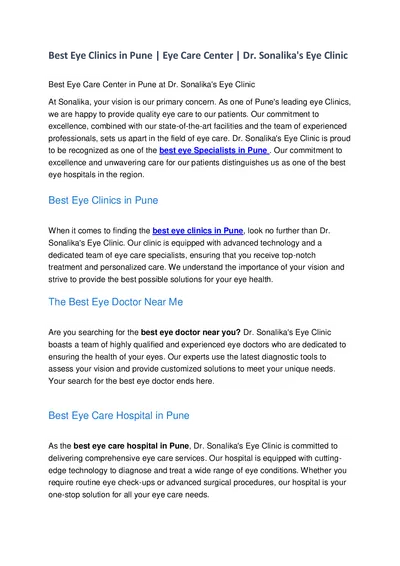PDF-NHS continuing healthcare and NHS- funded nursing care
Author : kittie-lecroy | Published Date : 2017-03-23
Factsheet 20 xF06C July 2015 1 of 49 funded nursing care Factsheet 20 xF06C July 201 5 NHS continuing healthcare and NHS funded nursing care About this factsheet This
Presentation Embed Code
Download Presentation
Download Presentation The PPT/PDF document "NHS continuing healthcare and NHS- funde..." is the property of its rightful owner. Permission is granted to download and print the materials on this website for personal, non-commercial use only, and to display it on your personal computer provided you do not modify the materials and that you retain all copyright notices contained in the materials. By downloading content from our website, you accept the terms of this agreement.
NHS continuing healthcare and NHS- funded nursing care: Transcript
Download Rules Of Document
"NHS continuing healthcare and NHS- funded nursing care"The content belongs to its owner. You may download and print it for personal use, without modification, and keep all copyright notices. By downloading, you agree to these terms.
Related Documents














